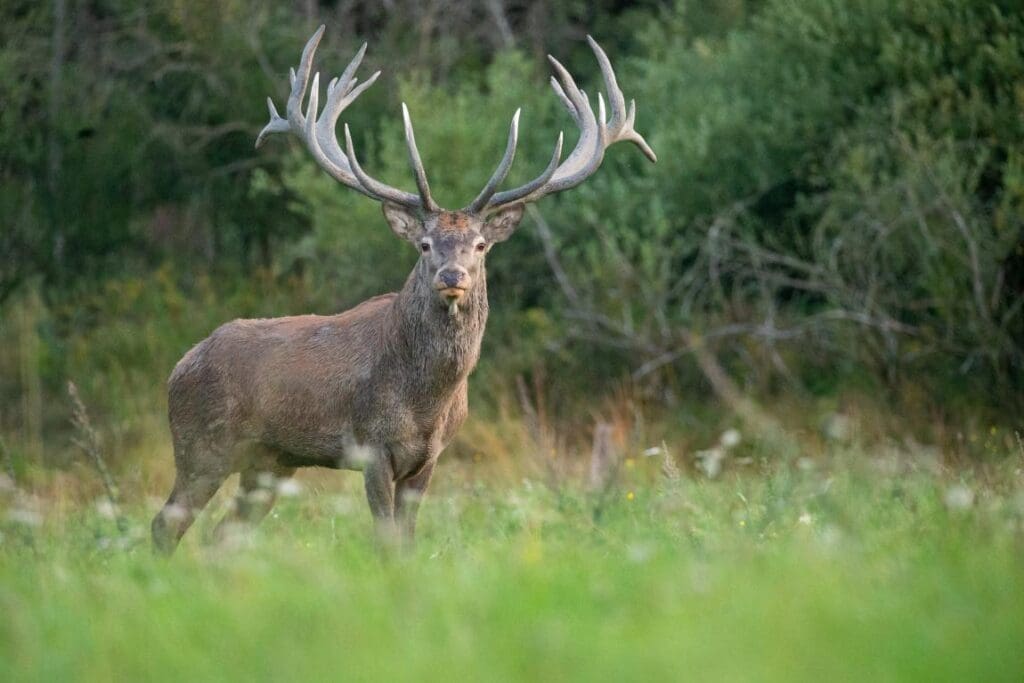Rome, Italy | AFP
Rich and developing countries have hammered out a delicate compromise on raising and delivering the billions of dollars needed to protect species, overcoming stark divisions that scuttled their previous meeting in Colombia last year.
The agreement in Rome just before midnight on Thursday is seen as crucial to giving impetus to the landmark 2022 deal to halt the rampant destruction of nature this decade, which included a goal to provide $200 billion a year in finance.
The new deal sets out two main strands of action in the coming years — to find billions of dollars in extra funding for biodiversity and to decide on the institutions that will deliver that money.
The often highly technical discussions mapped out a plan for progress on finance to 2030, with milestones at the coming United Nations nature meetings in 2026 and 2028.
This “will result in the selection of a permanent financial mechanism designed to help ensure funding reaches the most biodiverse places on earth,” said Conservation International’s biodiversity policy lead, Jill Hepp.
“Their compromise paves the way for tangible action on 30×30 and many other critical targets,” she added, referring to the key 2022 decision to protect 30 percent of the world’s land and seas.

Finding funds
The 2022 finance deal included $20 billion per year from wealthier countries to poorer ones by 2025,rising to $30 billion a year by 2030.
The total for 2022 was about $15 billion, according to the OECD.
But the need is much higher, with countries agreeing to “progressively closing the biodiversity finance gap of $700 billion per year” by 2050.
In Rome, countries agreed to step up their efforts to find additional funding, including from multilateral banks and private business.
They also agreed to scale up efforts to reduce subsidies actively harmful to nature “by at least $500 billion per year by 2030”.
The true cost of the destruction of natural species — largely driven by unsustainable farming and consumption — is often hidden or ignored, scientists warned last year in a landmark report for the UN’s expert biodiversity panel.
They estimated that fossil fuels, farming and fisheries could inflict up to $25 trillion a year in accounted costs — equivalent to a quarter of global GDP.
Nature bank
One of the chief sticking points in Cali, Colombia, and then in Rome was developing nations’ call for the creation of a new fund.
They say they are not adequately represented in existing mechanisms, which they say are also too onerous.
Wealthy nations — led by the European Union — said setting up multiple funds fragments aid.
Instead, they advocate strengthening the Global Environment Facility (GEF), which oversees a Global Biodiversity Framework Fund (GBFF), created in 2022 as a temporary instrument to meet the UN targets.
The agreement reached in Rome does not take a side.
It leaves it to the UN talks in 2028 to decide whether to set up a specific new fund under the UN biodiversity process or to name a potentially reformed existing fund to play that role.
Monitoring and sharing
Other decisions sought to bolster monitoring to ensure countries are held accountable for their progress towards meeting biodiversity targets.
One achievement in Cali was the creation of a new fund to share profits from digitally sequenced genetic data from plants and animals with the communities they come from.
The fund, officially launched on Tuesday, is designed so that large firms can voluntarily contribute a portion of the profit or revenue they generate from developing things like medicine and cosmetics using this data, which can add up to billions of dollars.
Delegates in Cali also approved the creation of a permanent body to represent the interests of Indigenous people.
klm-bl/ide/gil
© Agence France-Presse
Article Source:
Press Release/Material by Kelly MACNAMARA | AFP
Featured image credit: Freepik




